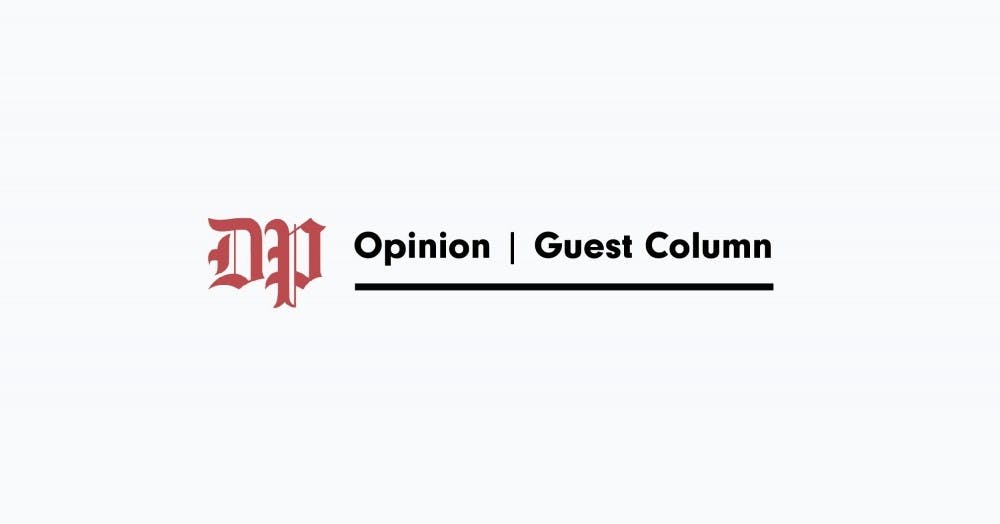Penn’s campus and the world at large have recently been shocked by a number of tragic events. Among various student deaths, natural disasters in Puerto Rico, Texas, and Florida, and shootings in Las Vegas and Texas, we have been overwhelmed by the worst the world has to offer.
The fear and empathy brought about by such events inspire a desire to help within us. As a result, we see an outpouring of giving around times of natural disaster and tragedy. For example, students at our university have created campaigns to aid relief efforts, raising more than $60,000. Additional philanthropic endeavors have materialized around campus and across the globe in response to these recent events.
It is not surprising that giving increases in times of tragedy. Sociological research finds that altruism and pro-social behavior are much more common and normal in times of disaster.
This increased giving in times of need is inspiring and necessary. It focuses our attention on those in most direct need of volunteers and donations, and it is evident of the good in the world, something we definitely need to be reminded of at times like these. But, unfortunate as it may be, there are causes in need of our help at all times. Although we should focus efforts on tragedies as they occur, that does not mean we should cease giving when there is no one clear event that triggers our sympathies. Giving is something that can, and should, be done at any time by anyone.
Millennials seem to be thoughtfully aware of the constant relevance and importance of giving. According to the 2014 Millennial Impact Report, we are more invested in making the world a better place than previous generations, expect more transparency and accountability in our giving, and are more likely to see our networks and voice as valuable assets for causes as opposed to simple monetary contributions. These unique factors combine to make us “one of the most giving and concerned generations in the last century.” Thus, we seem to be doing a relatively good job with regard to our outlook on philanthropic giving.
However, our “me” generation retains an image of being “selfish” and “entitled.” We even describe ourselves as “self-absorbed,” “wasteful,” and “greedy,” while previous generations rate themselves much more positively. Clearly, the label of “millennial” has come to carry quite a bit of baggage, most of it negative.
Our generation cares deeply about giving and improving the world, yet we are associated with ideas of selfishness and greed. Thus, there is a disconnect between how we and others view our generation’s attitude and our actual mindset towards bettering the world. Not surprisingly, then, only 30 percent of those in our generation feel as though the term millennial applies to them well. This is tremendously problematic.
It is not only our job to foster a culture that includes helping fellow humanity as one of our main values, but also that we visibly act on this value to prove to others and ourselves that we are caring, giving people. We must incorporate giving into our daily lives, promote its significance, and engage in it regularly, so we can foster a more unified, empathetic, and civic-minded generation. Here at Penn, there are a variety of ways in which we can fit giving into our schedules, whether that be providing mentorship to students in local elementary schools or volunteering to cook a meal at the Ronald McDonald house right on Chestnut Street.
A collective increase in giving will not only benefit the infinite number of causes in need of our help, but can also be personally valuable to each and every one of us. We can work together to change this misconception of millennials. We are not selfish. We are not wasteful. We are driven, compassionate, and impactful.
MADELINE FAGEN is a College sophomore from Manhasset, N.Y., studying biological basis of behavior. ALISHA CHOWDHURY is a College senior from Kenner, La., studying economics. DAWIT GEBRESELLASSIE is a Wharton senior from Denver studying social impact and responsibility and finance. They are all members of The Locus Initiative
The Daily Pennsylvanian is an independent, student-run newspaper. Please consider making a donation to support the coverage that shapes the University. Your generosity ensures a future of strong journalism at Penn.
Donate








